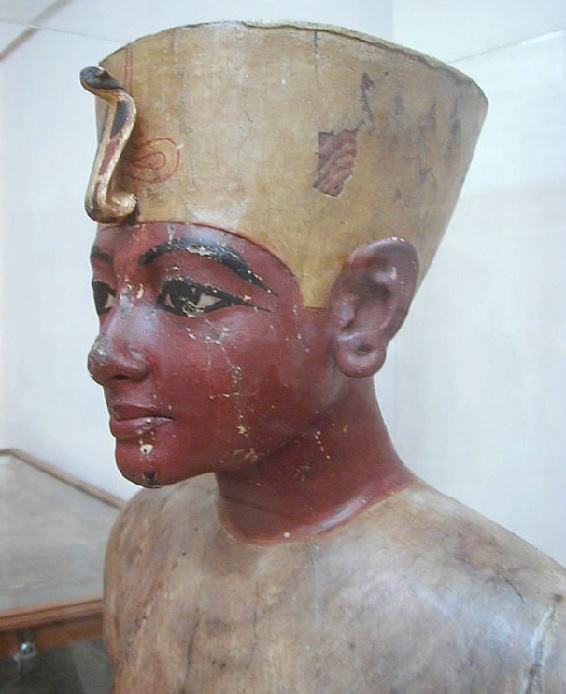Egypt blocks auction of 3,000 years old King Tut’s statue in Britain

The Egyptian authorities have recently contacted their British counterparts to stop the sale of ancient Egyptian King Tutankhamun's bust slated on an auction of Christie's auction house in London on July 4, according to the Egyptian Foreign Ministry’s comment in a statement.
Egypt has tried to halt the auction of a 3,000-year-old stone sculpture of the famed boy pharaoh Tutankhamun at Christie's in London, while the auction house said its sale was legal. The statue — a brown quartzite head depicting King Tut — is scheduled to be auctioned off in July, and could generate more than USD 5 million, according to Christie's.
The Egyptian Ministries of Foreign Affairs and Antiquities asked Christie's auction house and the UNESCO to stop the sale of the ancient Egyptian boy king's bust. "The Egyptian Embassy in London also contacted the British Foreign Office and the auction house to halt the sale and reserve the bust, demanding its return to Egypt," the Egyptian Foreign Ministry cited.
The 3,000-year-old bust of the most famous Egyptian pharaoh, known worldwide as King Tut, was expected to be sold at 4 million British pounds (over USD 5 million), according to Christie's auction house, as reported by Xinhua.
The Egyptian move came over concerns that the bust might have been stolen from the Karnak Temple in Upper Egypt's Luxor.
The statement added that the Egyptian embassy asked the British authorities to stop the sale of all other Egyptian artefacts intended to be sold on July 3-4 in the auction house in London.
For many, King Tut is the ultimate symbol of ancient Egypt's glory. Howard Carter discovered the pharaoh's nearly intact tomb in 1922 in the Valley of the Kings, located on the west bank of the Nile River in Luxor. The site was packed with the glittering wealth of the 18th Dynasty, which ruled from 1569 to 1315 B.C., and yielded some of Egypt's most famous treasures.
Also Read: Egypt can achieve comprehensive financial, economic reforms due to right policy: Report
- READ MORE ON:
- Egypt
- King Tut
- Britain
- King Tutankhamun
- Tutankhamun
ALSO READ
EU pledges Egypt 1 billion euros in financial aid
Egyptian general air defence on alert, military and security sources say
BRIEF-EgyptAir suspends flights between Cairo and Dubai until weather in UAE improves
Egypt imposes state of emergency in case of leaks from stranded gas ship in Gulf of Aqaba, state media says
Tanker stranded in Gulf of Aqaba moved to Egyptian port, sources say










